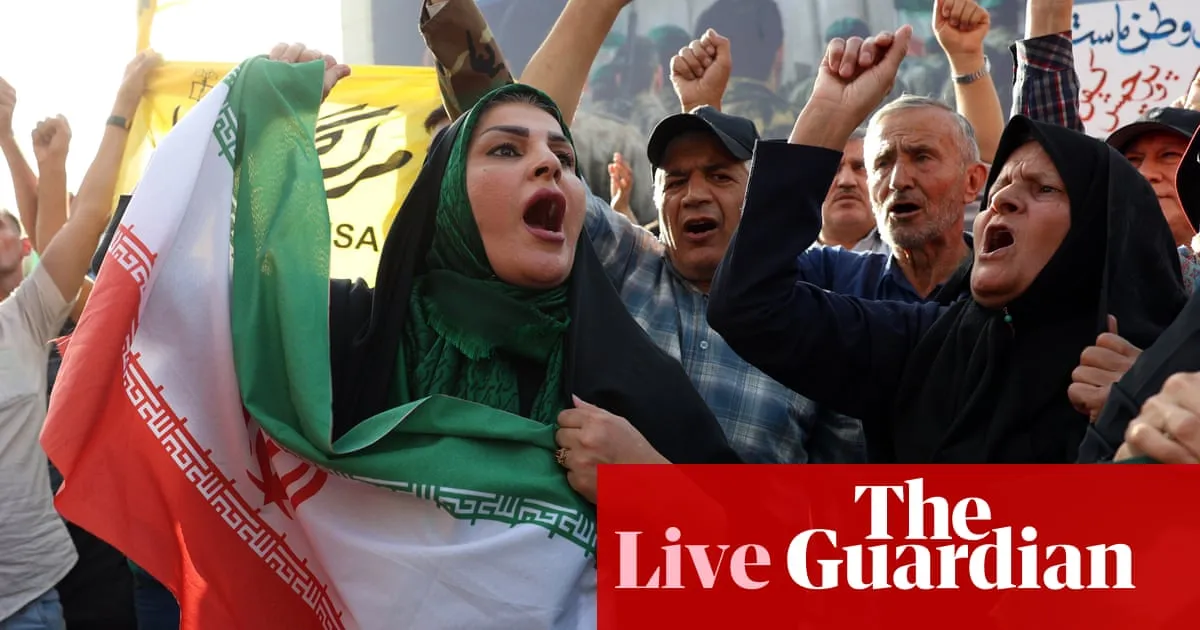
Repatriation Requests by Filipino Nationals Amid Middle East Tensions
A total of 223 Filipino nationals in Israel and eight in Iran have requested repatriation following recent U.S. strikes on Iranian nuclear facilities. According to local media reports, the escalating conflict has raised concerns for the safety of Filipinos abroad. Currently, approximately 30,742 Filipinos reside and work in Israel, with many employed in the care sector, while about 1,180 Filipinos are living in Iran. The Philippines Department of Foreign Affairs expressed its deep concern over the situation in the Middle East and emphasized that the welfare and safety of Filipinos is a primary concern.
In response to the developing crisis, the Philippines has elevated its alert level in both Israel and Iran to level 3, which advises citizens to consider voluntary repatriation. The Department of Foreign Affairs has urged all overseas Filipinos in these regions to return home, stating that travel to Israel and Iran is highly discouraged due to ongoing hostilities and the closure of airspace and seaports.
As of now, the Philippine embassy in Israel has reported that 127 Filipinos have lost their homes due to Iran's retaliatory strikes, with one individual in critical condition. A first group of repatriated Filipinos is expected to return from Israel on Monday, highlighting the urgency of the situation.
In a related development, Japan has refrained from openly supporting the U.S. attacks on Iranian nuclear facilities, instead calling for a de-escalation of tensions. Prime Minister Shigeru Ishiba expressed Japan's grave concern over the situation and emphasized the need to prevent Iran's nuclear weapons development. Japan, heavily reliant on Middle Eastern oil, has traditionally maintained friendly relations with Iran, making its cautious approach noteworthy.
Despite the lack of immediate impact on energy supplies from the recent missile exchanges between Iran and Israel, any disruptions could have severe consequences for Japan, which imports 90% of its crude oil from the Middle East. Ishiba reiterated Japan's commitment to monitoring the situation closely and supporting diplomatic efforts to resolve the conflict.
As tensions rise, commercial airlines are reevaluating their operations in the Middle East. Major carriers like Singapore Airlines and Air France KLM have already canceled flights to key destinations such as Dubai, citing security assessments. The situation remains fluid, with flight tracking data showing a significant reduction in air traffic over conflict zones in Iran, Iraq, Syria, and Israel.
Airlines are increasingly concerned about the potential rise in oil prices due to the conflict, which would subsequently elevate jet fuel costs. In response, Israel has ramped up flights to assist stranded travelers, with the country's Airports Authority planning to expand "rescue flights." Reports indicate that Israeli airline El Al received applications from about 25,000 people seeking to leave the country.
Amidst the escalating conflict, an Israeli artillery strike resulted in the deaths of nine Palestinian civilians waiting for food aid in the Al-Waha area, as reported by the Palestinian news agency Wafa. The humanitarian crisis in Gaza continues to worsen, with medical authorities reporting approximately 450 Palestinian deaths and thousands injured over the past twelve days due to ongoing Israeli attacks.
The situation remains dire as the region faces a critical need for humanitarian assistance, with the Gaza Humanitarian Foundation attempting to provide aid amidst rising violence. Eyewitness accounts describe desperate scenes as individuals navigate dangerous conditions to access food supplies.
The recent U.S. strikes on Iranian nuclear facilities have had a significant impact on global markets, with Australia's ASX index plummeting by over $10 billion following the news. The benchmark S&P/ASX200 fell below 8,460 points, marking a significant decline from recent highs. While energy companies may benefit from rising oil prices, the broader economic implications could stifle growth as consumer-facing sectors suffer.
As the world grapples with the fallout from these military actions, the call for diplomacy and de-escalation remains urgent. Countries like New Zealand are advocating for dialogue over military solutions, emphasizing the importance of international cooperation to navigate this complex geopolitical landscape.
The ongoing conflict in the Middle East continues to evolve, with significant implications for international relations, economic stability, and humanitarian conditions. As nations respond to the crisis, the emphasis on diplomatic solutions remains crucial for averting further escalation and fostering regional stability.